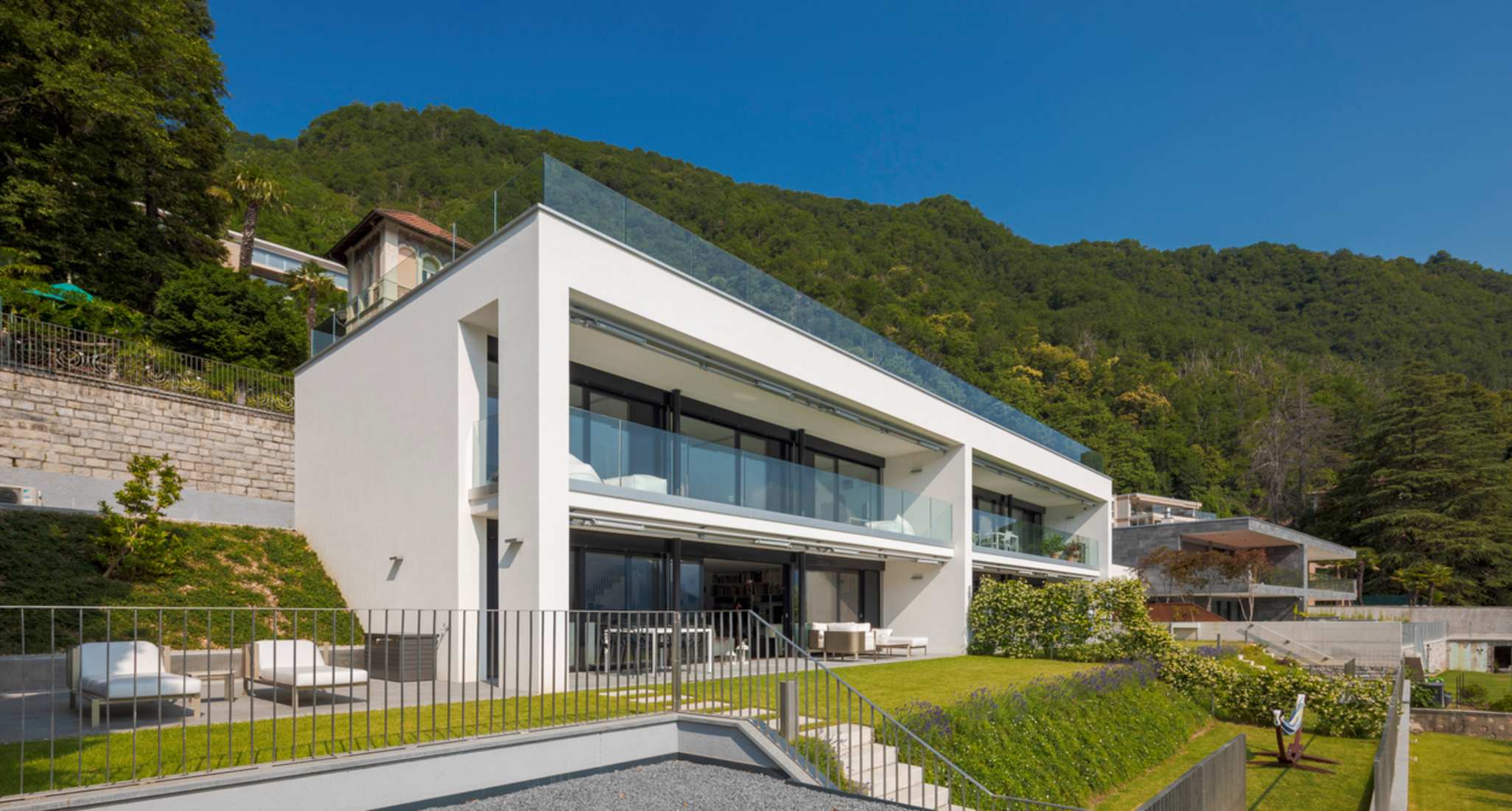Property financing: financing your own home in Switzerland
To finance your own home, you will usually need to borrow money in the form of a mortgage in addition to the capital that you can put down yourself. Comparis answers key questions about property financing.

30.07.2025

iStock/piovesempre
1. Property financing in Switzerland: how much deposit do you need?
You need to be able to pay at least 20% of the property value upfront (down payment). You can borrow a maximum of 80% in the form of a mortgage. For example:
| Market value of the property | 1,000,000 francs |
|---|---|
| Down payment | min. 200,000 francs |
| Mortgage | max. 800,000 francs |
Financing a house without a down payment: is it possible?
Buying a property without a down payment is generally very difficult in Switzerland, but it is possible under certain conditions. In a few instances, banks offer full financing or alternative credit solutions. With these loans, the bank covers the entire purchase price of the property.
However, these models are an exception and have strict requirements: an excellent credit rating, a high and stable income, as well as additional collateral (e.g. a guarantee).
2. Down payment for the house: what sources of money can you use?
Buying a property that you yourself will live in all year round? In that case, you can finance it using money from your pillar 3a and pension. A maximum of half of the down payment may come from your occupational pension – i.e. 10% of the property value.
If you choose to tap into your pension capital, it is up to you whether you make an advance withdrawal or pledge those assets as collateral.
You must be able to raise 10% of the purchase price with your own funds that are not taken from your occupational pension scheme. This may include:
Savings
Securities
Advancements on inheritance/gifts
Pillar 3a savings
Comparis tip
Don’t invest your entire savings in your new home, however. Keep at least 5% of the property’s value as a reserve for unforeseen expenses and running costs.
3. Borrowing to buy a home: available mortgages
The majority of people in Switzerland have to take out a loan in the form of a mortgage to finance their property purchase. A mortgage is a specific type of loan to buy property. There are various mortgage models in Switzerland. The most common are:
Not sure which mortgage suits your life situation? Our mortgage partner HypoPlus can help you find the right financing solution.
4. Home financing: first and second mortgages
The mortgage is usually divided into two tranches:
the first mortgage can be taken out for a maximum of two thirds of the market value of the property.
The second mortgage fills the financing gap between the required down payment and first mortgage, and the purchase price (approx. 15% of the market value).
In principle, you can only apply for a mortgage once you have found a suitable property. A complete and easily verifiable application increases your chances of being granted the loan. In our article, you can read about the documents you need to secure financing for your home.
5. What can you afford?
In addition to your down payment, mortgage lenders also look at your income. They will only approve a mortgage if the ongoing costs do not exceed a third of your gross income. In this way, the bank ensures that you can afford the property.
The ongoing costs include a notional mortgage interest rate of 5%, repayments as well as maintenance and ancillary costs.
Can I afford a property?
Would you like an initial assessment of whether you can afford a property? You can find out quickly and easily with the Comparis mortgage calculator.
This article was first published on 06.11.2018





